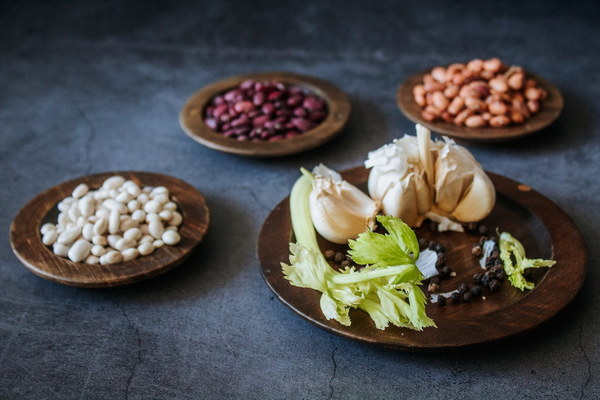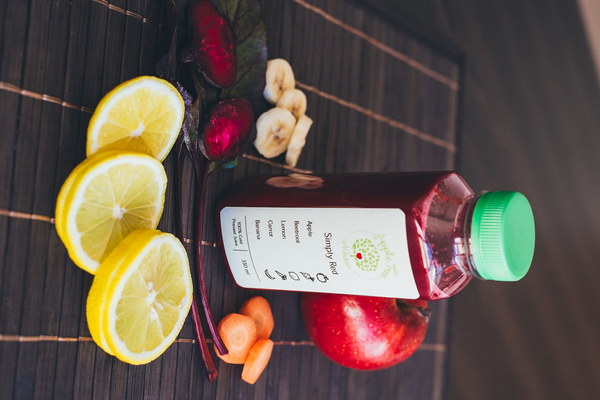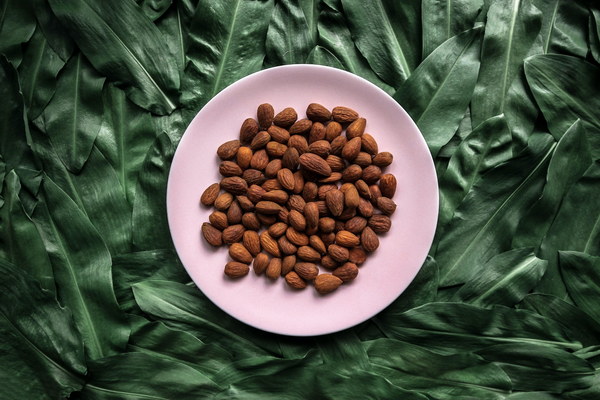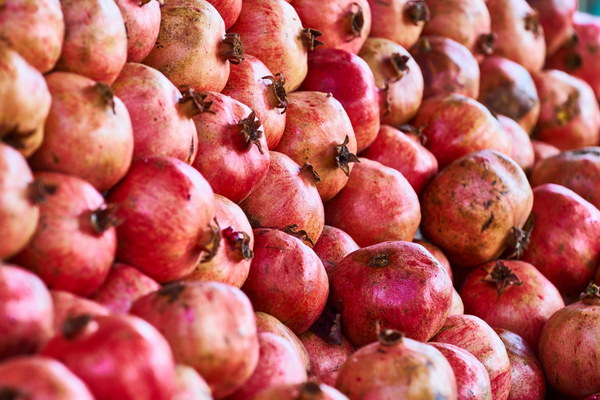Breath of Fall How to Nourish Your Childs Lungs in the Autumn Season
As the leaves turn golden and the air begins to crisp, autumn ushers in a season of change. It's a time when children can experience both the beauty of the season and the challenges it presents to their respiratory health. Here's a guide on how to nourish your child's lungs during the autumn months to ensure they enjoy a healthy and comfortable fall.
1. Encourage Outdoor Play
Autumn is the perfect time to engage in outdoor activities that promote lung health. Encourage your child to play in the park, go for walks, or even ride a bike. Fresh air and physical activity help improve lung capacity and circulation, enhancing their overall respiratory function.
2. Dress Appropriately
As temperatures drop, it's essential to dress your child in layers to protect against the cold while still allowing them to breathe comfortably. Choose breathable fabrics like cotton or wool, and ensure that they are not overbundled, which can make it harder to breathe.
3. Stay Hydrated
Hydration is key for maintaining healthy lungs. Encourage your child to drink plenty of water throughout the day, especially after playing outside. This helps keep the mucous membranes in the respiratory tract moist, making it easier for them to expel any allergens or irritants they may inhale.
4. Create a Healthy Indoor Environment
While outdoor air might be cleaner, indoor air quality can be compromised due to heating systems and indoor activities. Use a humidifier to add moisture to the air, which can help prevent dryness that can irritate the lungs. Also, ensure that your home is well-ventilated to reduce the presence of allergens and pollutants.
5. Teach Proper Breathing Techniques
Teaching your child proper breathing techniques can be beneficial for lung health. Encourage deep, diaphragmatic breathing, which can help increase lung capacity and improve oxygen intake. You can practice this together by taking deep breaths, holding them for a few seconds, and then releasing slowly.
6. Monitor Allergies and Asthma
Autumn allergies and asthma can exacerbate respiratory issues. Keep an eye on your child's symptoms and work with their healthcare provider to manage any allergies or asthma effectively. This might include taking medication as prescribed and being aware of potential allergens like pollen, mold, and dust mites.
7. Embrace Fall Foods
Certain foods can support lung health. Encourage your child to consume a variety of fruits and vegetables rich in vitamins, minerals, and antioxidants. For example, pumpkin, sweet potatoes, and apples are not only delicious but also packed with nutrients that can boost lung function.
8. Encourage Rest and Sleep
Adequate rest and sleep are crucial for maintaining a strong immune system, which can help protect your child's lungs. Make sure they are getting enough sleep, and create a calming bedtime routine to help them relax and fall asleep more easily.
9. Limit Exposure to secondhand smoke and pollution
Secondhand smoke and air pollution can be particularly harmful to children's lungs. Ensure that your child is not exposed to these harmful substances, and if you are a smoker, consider quitting to protect your child's respiratory health.
10. Regular Check-ups
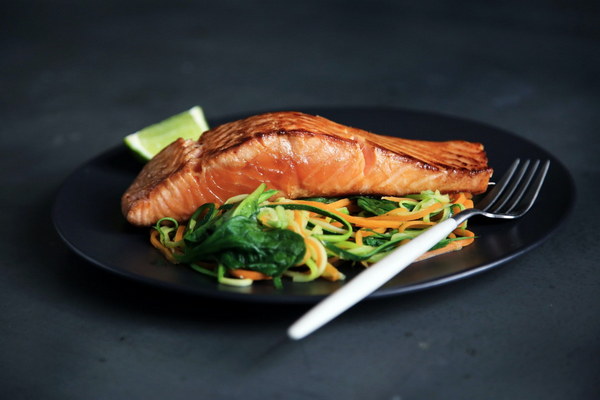
Regular visits to a healthcare provider can help identify any potential respiratory issues early on. These check-ups can also ensure that any existing conditions are managed effectively.
In conclusion, autumn is a time when children's lungs can be challenged by the changing season. By taking proactive steps to support their respiratory health, you can help ensure that they enjoy the beauty of fall while maintaining a healthy respiratory system. Remember, a little extra care now can lead to a healthier, happier fall season for your little ones.
